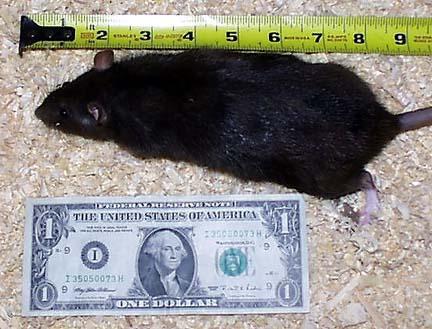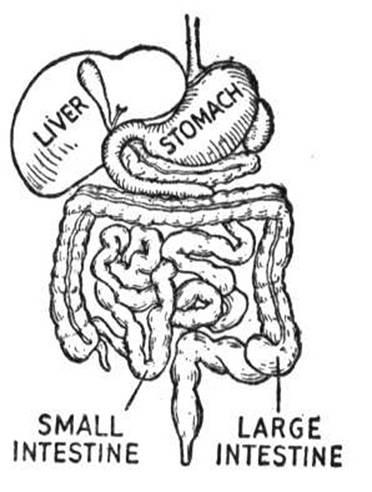This Post is for you!
(Alcohol Dependence)
Definition
Alcohol abuse is a disease that involves desire for alcohol and continuing to drink even when faced with alcohol-related job, legal, social, health, or family problems. Alcohol abuse can progress to alcoholism. Alcoholism is a condition in which the individual is physically dependent on the effects of alcohol to avoid symptoms of withdrawal.
Causes
Several factors contribute to alcohol abuse, including:
Genes
Brain chemicals that may be different than normal
Social pressure
Emotional stress
Pain
Depression and other mental health problems
Problem drinking behaviors learned from family or friends
Risk Factors
A risk factor is something that increases your chance of getting a disease or condition.
Sex: male
Alcohol use
Family members who abuse alcohol (especially men whose fathers or brothers are alcoholic)
Using illicit drugs
Peer pressure
Easy access to alcoholic beverages
Psychiatric disorders, such as depression or anxiety
Smoking
Symptoms
Denial that an alcohol problem exists is common. Alcohol abuse can occur without physical dependence.
Alcohol abuse symptoms include:
Repeated work, school or home problems due to drinking
Risking physical safety
Recurring trouble with the law, often including drinking and driving
Continuing to drink despite alcohol-related difficulties
Alcohol abuse often progresses to alcohol dependence. Symptoms of alcohol dependence include:
Craving a drink
Unable to stop or limit drinking
Needing greater amounts of alcohol to feel the same effect
Withdrawal symptoms if alcohol is stopped, including:
Nausea
Sweating
Shaking
Anxiety
Increased blood pressure ( hmmmm reminds me of someone I know)
Seizures
Giving up activities in order to drink or recover from alcohol's effects
Drinking that continues even when it causes or worsens health problems
Wanting to stop or reduce drinking and not being able to
Organs That Can Be Damaged by Alcoholism

Diagnosis
Doctors ask a series of questions to assess possible alcohol-related problems, including:
Have you tried to reduce your drinking?
Have you felt bad about drinking?
Have you been annoyed by another person's criticism of your drinking?
Do you drink in the morning to steady your nerves or cure a hangover?
Do you have problems with a job, your family or the law?
Do you drive under the influence of alcohol?
Tests may include:
Blood tests to look at the size of your red blood cells and to check for a substance called carbohydrate-deficient transferrin
Blood tests to check for alcohol-related liver disease and other health problems
Treatment
The first step in treatment is getting the patient to accept that he or she has a problem. A group intervention brings together important people in an individuals' life. They confront him or her about how alcohol is affecting all of his or her relationships and functioning.
Treatment for alcohol abuse or dependence is aimed at teaching patients how to manage the disease. Most professionals who treat people with alcohol problems believe that this means giving up alcohol completely and permanently.
The first and most important step is recognizing a problem exists. Successful treatment depends on your desire to change. Your doctor can help you withdraw from alcohol safely. This could require hospitalization in a detoxification center, so that you are carefully monitored for side effects.
Education and Counseling
Therapy helps you recognize alcohol's dangers. It raises awareness of underlying issues and lifestyles that promote drinking. In therapy, you work to improve coping skills and develop other ways of dealing with stress or pain. You learn new methods of handling situations where alcohol is served.
Self-Help Organizations
Alcoholics Anonymous (AA) helps many people stop drinking and stay sober. Members meet regularly and talk about their troubles with alcohol. They support each other. If you feel like drinking, you can call your AA sponsor for help. Your family members may also benefit from attending meetings of Al-Anon, because living with an alcoholic can be a painful, stressful situation.
Prevention
Realizing that alcohol causes problems helps some people avoid it. Suggestions to decrease the risk of alcohol abuse and dependence include:
Socialize without alcohol.
Avoid going to bars.
Do not keep alcohol in your home.
Avoid situations and people that encourage drinking.
Make new non-drinking friends.
Do fun things that do not involve alcohol.
Avoid reaching for a drink when stressed or upset.
Drink slowly.
Limit your alcohol intake to a moderate level.
Moderate is two or fewer drinks per day for men and one or fewer for women and older adults.
A 12-ounce bottle of beer, a five-ounce glass of wine or 1.5 ounces of liquor is considered one drink.
RESOURCES:
Alcoholics Anonymoushttp://www.alcoholics-anonymous.org/
National Council on Alcoholism and Drug Dependencehttp://www.ncadd.org/



























